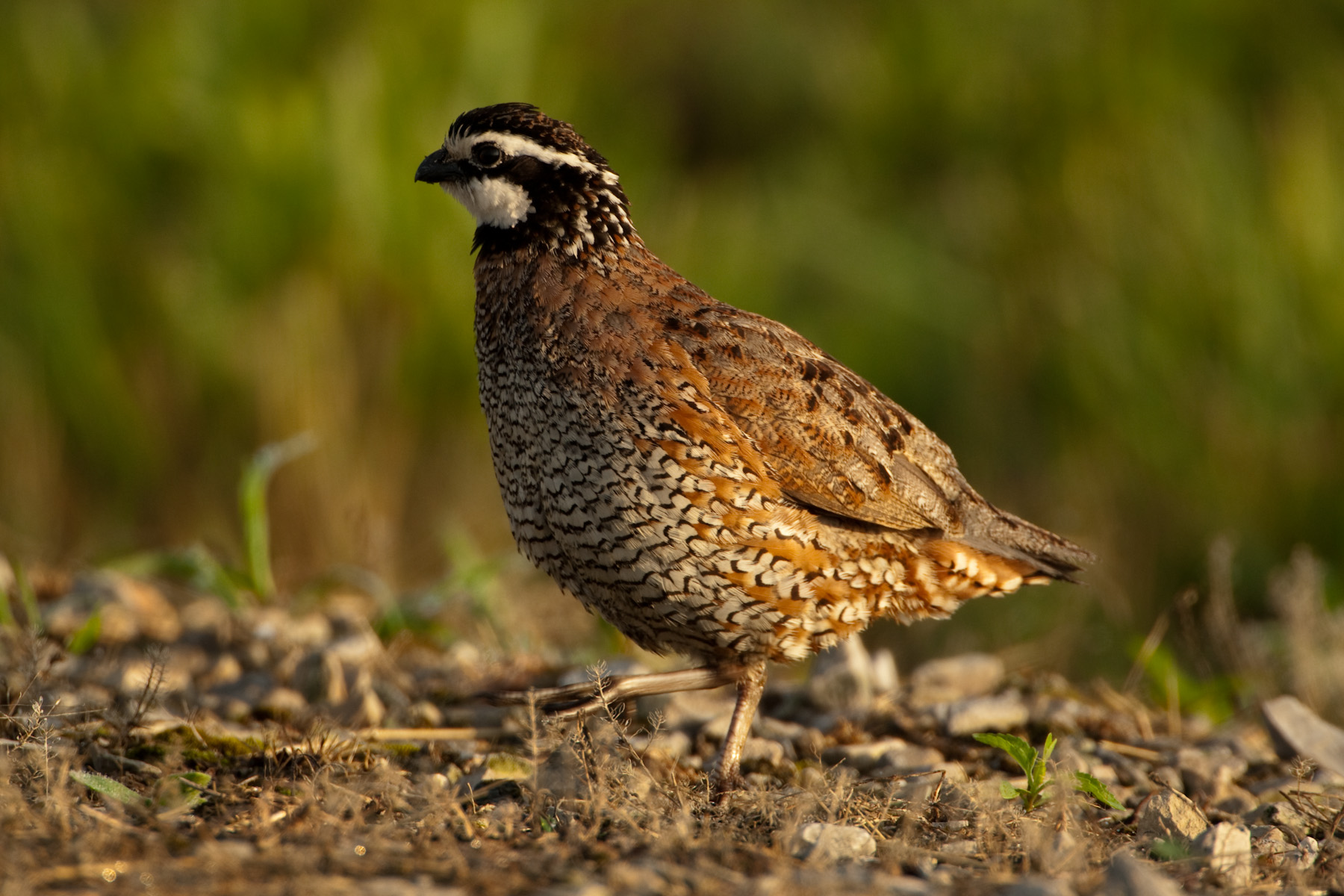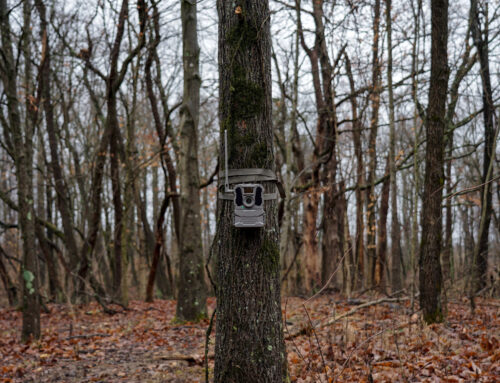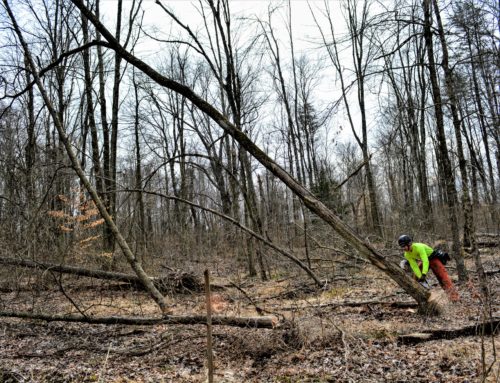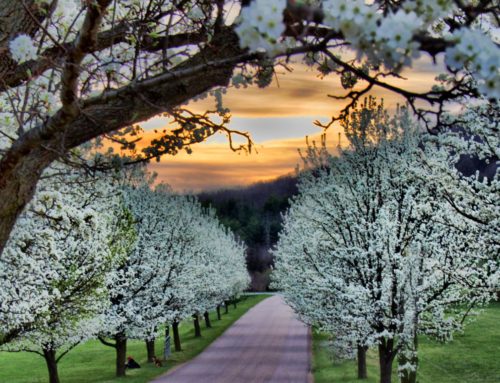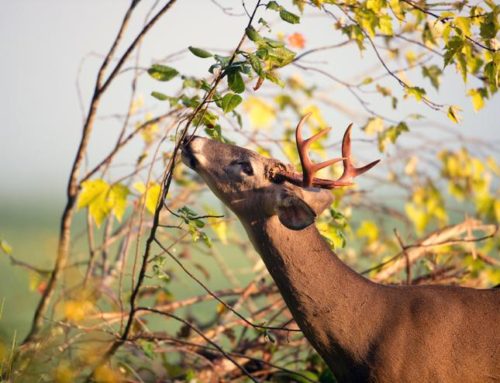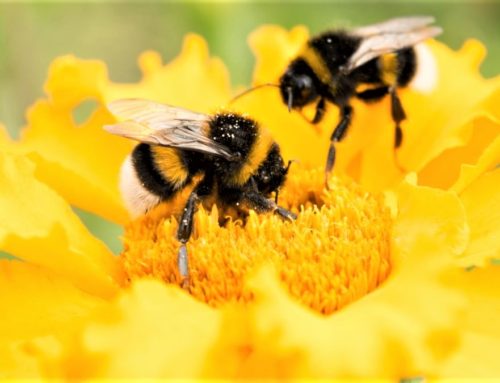Native Trees and Shrubs for Wildlife
Native trees and shrubs are essential components of wildlife habitat as they provide sources of cover and food. When designing habitat for wildlife and selecting species to manage for, several factors must be taken into consideration. Aside from determining the wildlife species you wish to benefit, one must also consider factors such as soil type and quality, as well as the location of the selected management area. A professional forester and/or wildlife biologist can assist you with the planning, design, and implementation of your wildlife habitat management project.
The goal of this article is to provide a list of selected native tree and shrub species beneficial to wildlife. There is no specific or perfect formula for developing good wildlife habitat. Managing for these plant species does not guarantee you will observe more wildlife, but you would increase wildlife opportunities for foraging and nesting, which increases wildlife use and habitat value.
Plant diversity is important for wildlife, both in structure and composition, therefore managing for multi-layered vegetation with a variety of species will attract and be more beneficial to wildlife in comparison to monocultures (cultivation of a single crop species) or areas of lesser diversity. Both trees and shrubs provide sources of food and cover for wildlife, however, certain wildlife species do have preferences of cover-types and food sources.
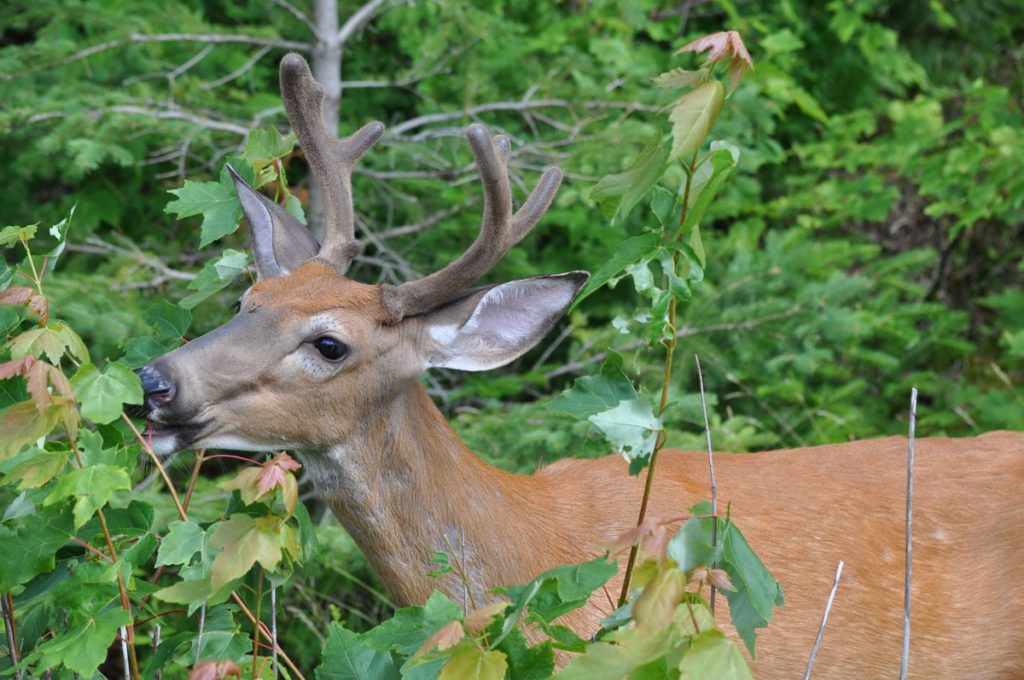
Selected native shrub species for wildlife:
- black raspberry (Rhubus o.)- Berries eaten by birds and a variety of wildlife.
- blackberry (Rhubus a.)- Berries eaten by birds and a variety of wildlife.
- American plum (Prunus a.)- Fruit eaten by birds. Recommended for quail and turkey.
- blackhaw (Viburnum p.)- Fruit eaten by songbirds, quail, turkey, and mammals.
- chokecherry (Prunus spp.)– Fruit eaten by birds. Recommended for turkey.
- coralberry (Symphoricarpos o.)- Fruit eaten by songbirds, quail, and ruffed grouse.
- Eastern wahoo (Euonymus a.)- Fruit eaten by various birds.
- elderberry (Sambucus c.)- Fruit eaten by many bird species including pheasant and dove. Recommended for quail and turkey.
- hazelnut (Corylus a.)- Produces small nuts eaten by squirrels, deer, songbirds, grouse, and pheasant. Recommended for quail and turkey.
- spicebush (Lindera b.)- Twigs and fruit eaten by songbirds, grouse, rabbit, deer, quail, and other small mammals. Recommended for turkey.
- sumac (Rhus spp.)- Fruit eaten by songbirds, quail, dove, pheasant, turkey, and grouse. Recommended for turkey and quail.
- witch-hazel (Hamamelis v.)- Seeds, buds, and twigs eaten by deer, rabbit, quail, and pheasant.
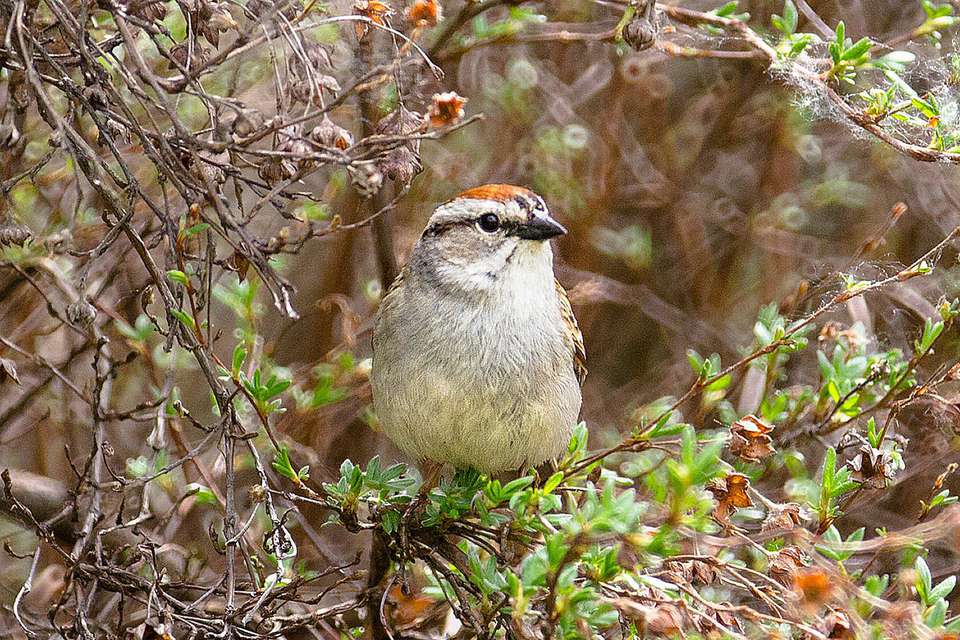
Selected native tree species for wildlife:
- oak (Quercus spp.)- Acorns perhaps one of the most important/preferred food sources for a wide variety of wildlife. Recommended for deer and turkey.
- hickory (Carya spp.)- Nuts readily consumed by squirrels and other small mammals, ducks, turkey, and deer.
- black cherry (Prunus s.)- Fruits eaten by many species of songbirds, grouse, and pheasant. Recommended for turkey.
- hackberry (Celtis o.)- Fruits eaten by songbirds. Recommended for turkey.
- pawpaw (Asimina t.)- Fruit eaten by small mammals and fox.
- Kentucky coffeetree (Gymnocladus d.)- Fruits relished by songbirds and small mammals.
- maple (Acer spp.)- Samaras (fruit) widely consumed by birds and small mammals. Browsed by deer and recommended for turkey.
- persimmon (Diospyros v.)- Fruits relished by large and small mammals. Recommended for deer.
- sassafras (Sassafras a.)- Browsed by deer and small mammals. Fruit eaten by small mammals and many songbirds. Recommended for quail.
- downy serviceberry (Amelanchier a.)- Fruits rapidly consumed by birds. Recommended for turkey.
- dogwood (Cornus spp.)- Fruit eaten by a variety of bird species including quail, dove, turkey, grouse, and pheasant. Twigs browsed by deer and rabbits.
- American beech (Fagus g.)- Nuts consumed by deer and small mammals. Recommended for turkey.
- Eastern redbud (Cercis c.)- Seeds eaten by a few songbirds.
- butternut (Juglans c.)- Nuts consumed by small mammals.
- black walnut (Juglans n.)- Nuts consumed by small mammals.
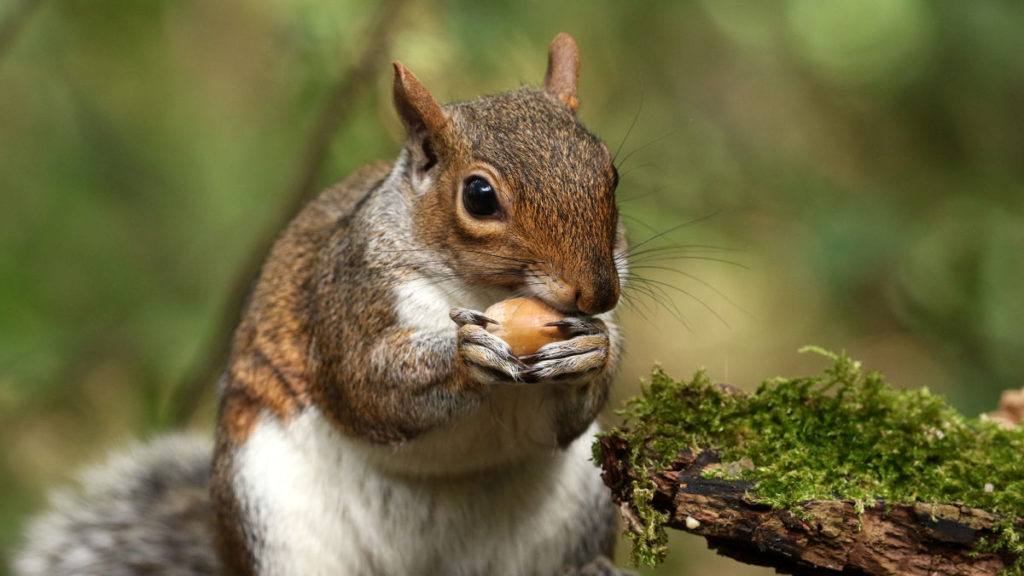
Desiring to improve wildlife habitat on your property?
Contact us by filling out our form or calling us directly at 260.668.9977
Additional Information:

